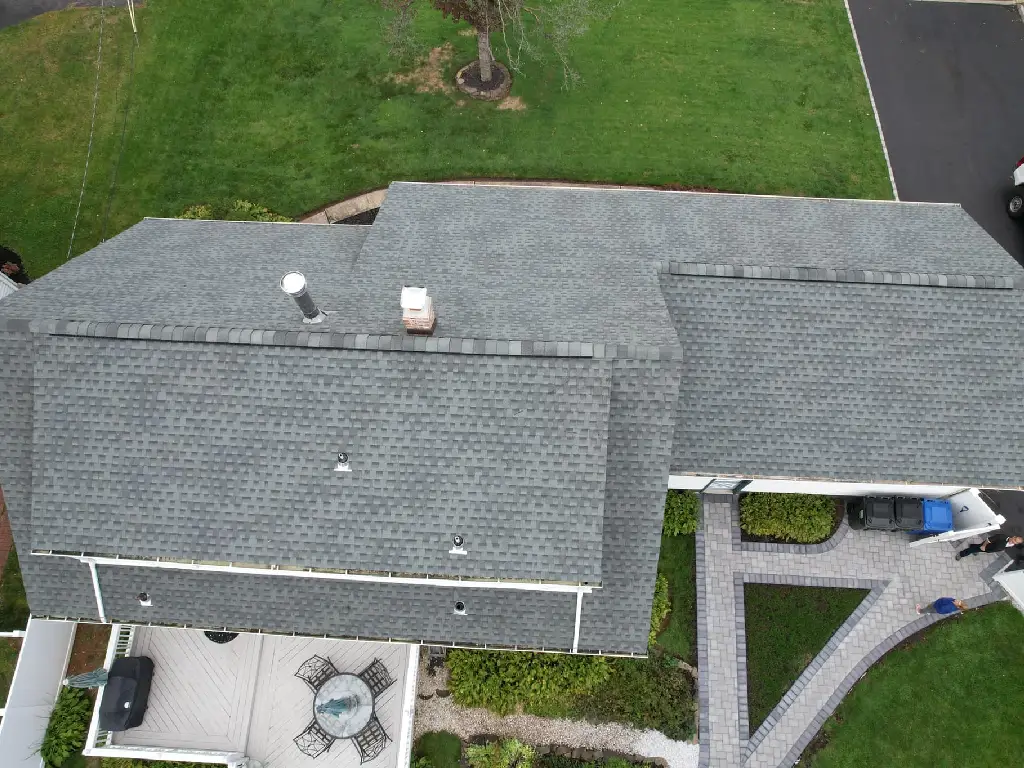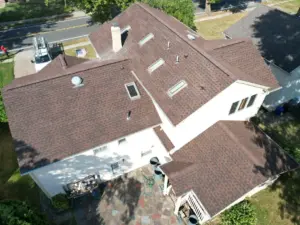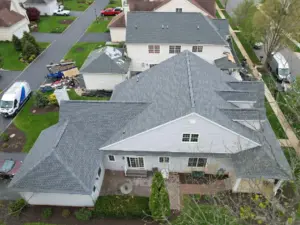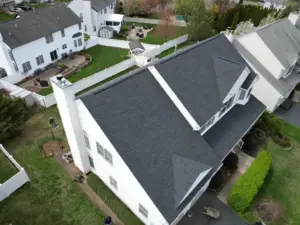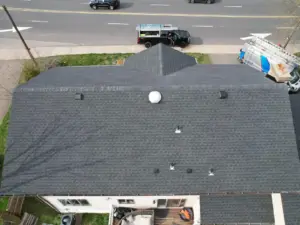The frequency of roof replacement in New Jersey hinges on several critical factors, primarily the roofing material and environmental conditions. For instance, asphalt shingle roofs, prevalent in the region, typically require replacement every 15 to 30 years. This timeline is impacted by shingle quality, climate variations (including temperature shifts, humidity, and exposure to extreme weather like hurricanes or snowstorms), and ongoing maintenance efforts.
On the contrary, materials such as metal, wood shakes, slate, or tile roofs boast longer lifespans, often lasting 30 years or more with proper care. Regular inspections conducted by certified roofing professionals play a pivotal role in evaluating roof condition and determining replacement needs. Key indicators like missing or damaged shingles, leaks, sagging sections, or extensive wear suggest the need for a new roof.
Moreover, when a roof nears its anticipated lifespan, proactive replacement is advisable to prevent potential structural issues and expensive repairs down the line. While there’s no fixed timeframe for roof replacement in New Jersey, vigilance regarding roof condition and timely intervention can extend its longevity, ensuring home safety and structural integrity.


